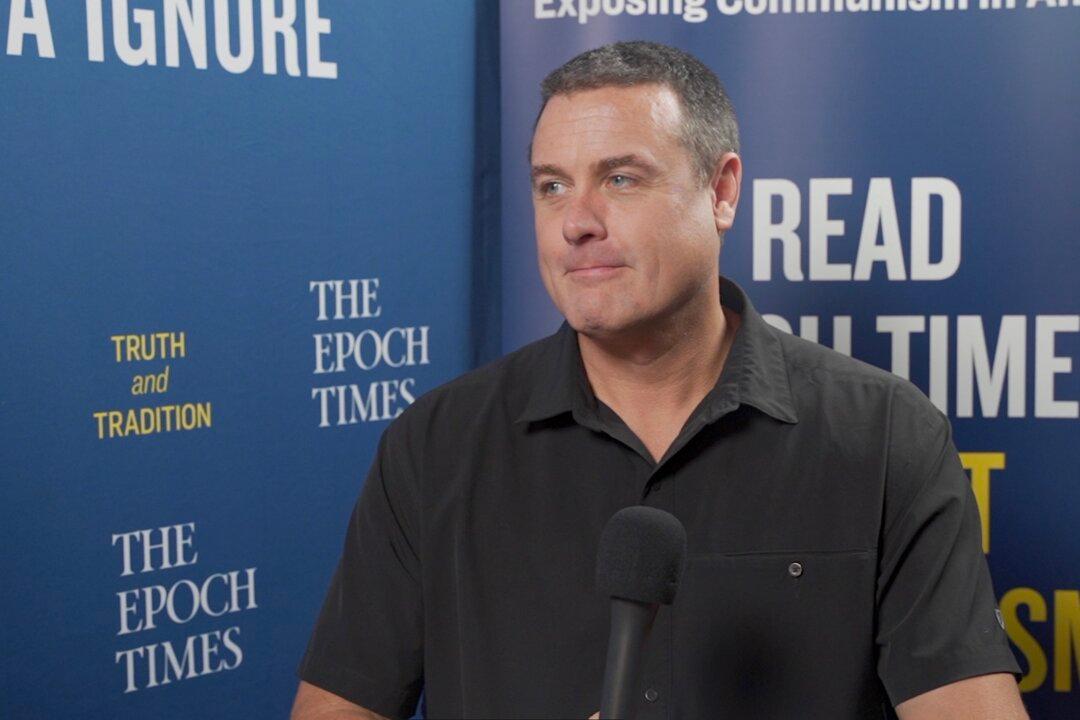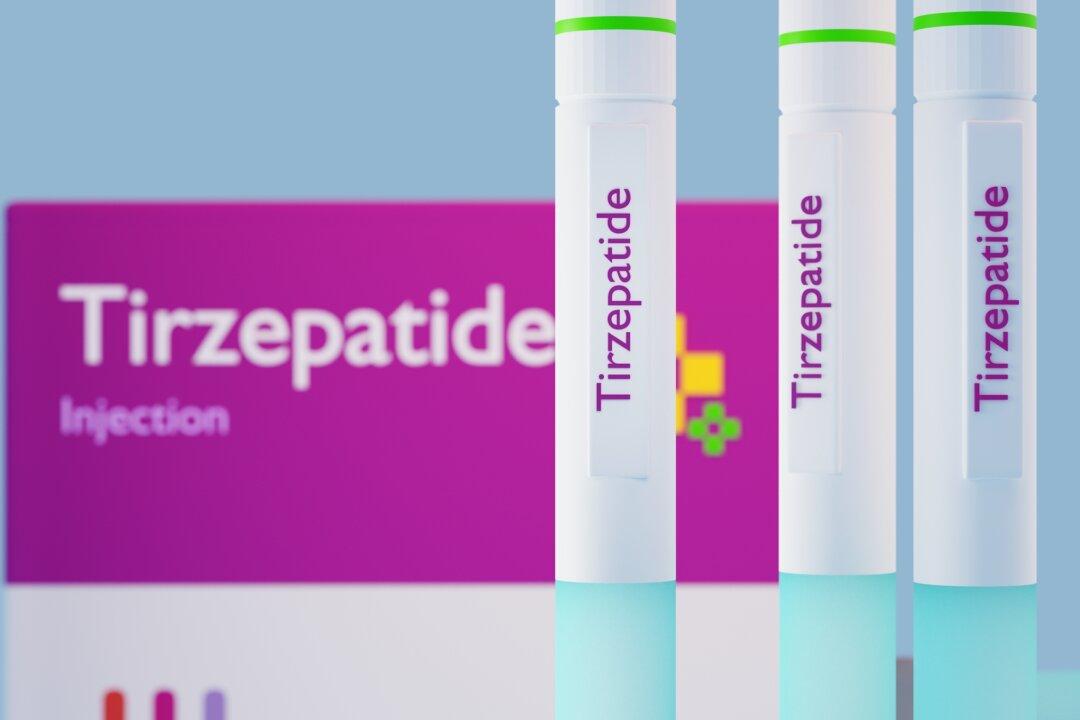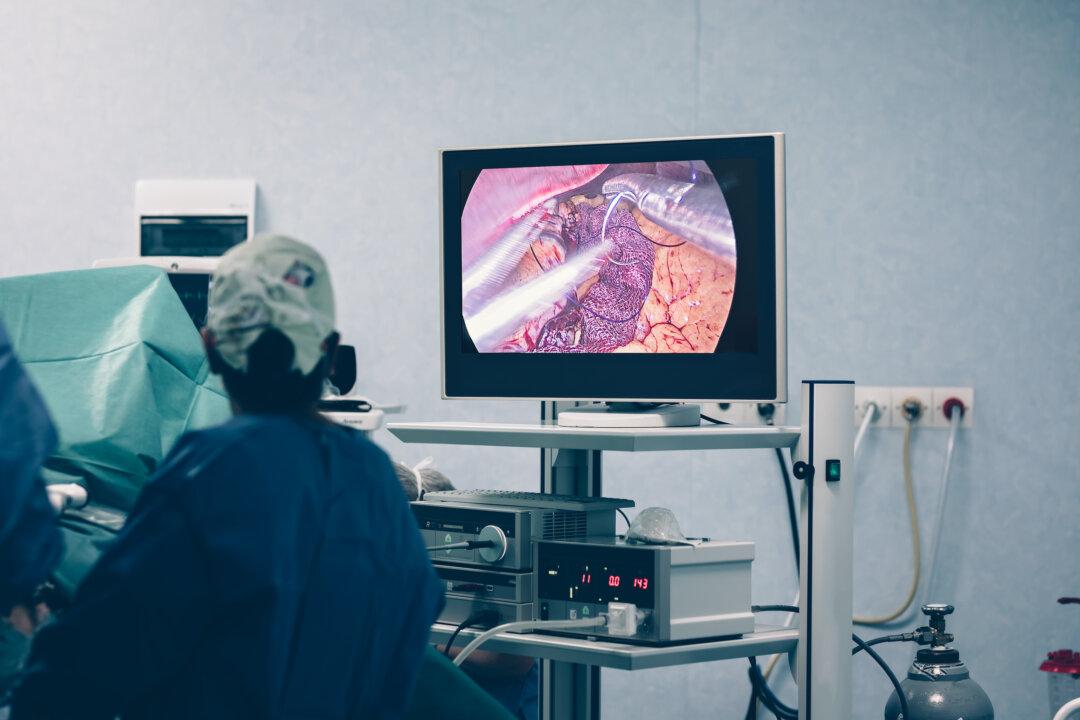Military veteran and entrepreneur Adam Hardage aims to build an alternative medical economy in response to what he calls “tyranny” in the nation.
Hardage is CEO and co-founder of Remote Health Solutions (RHS), along with Dr. Jon Baugh, its chief medical officer. The two started the company five years ago, focusing on high-quality telemedicine care. After experiencing lockdowns and COVID-19 vaccine mandates, and what he calls “corruption within the medical industrial complex,” Hardage decided to build a “medical economy 2.0.”







